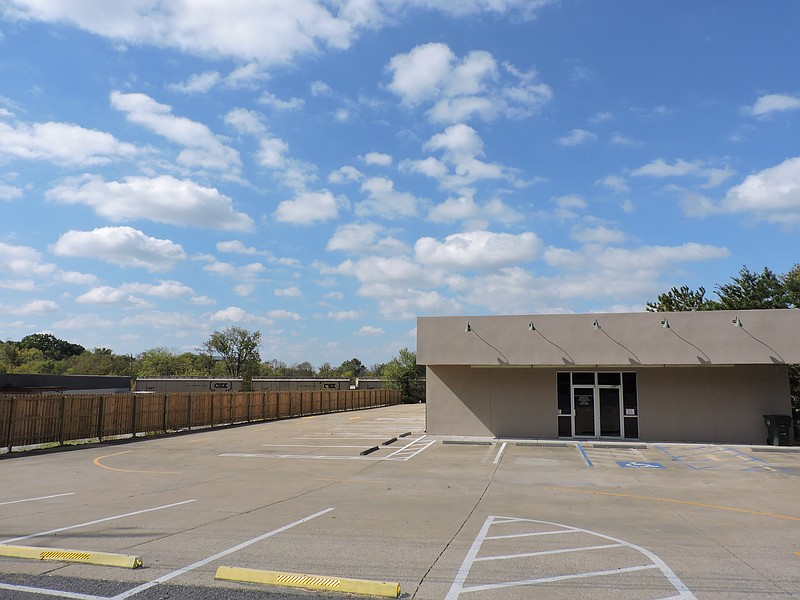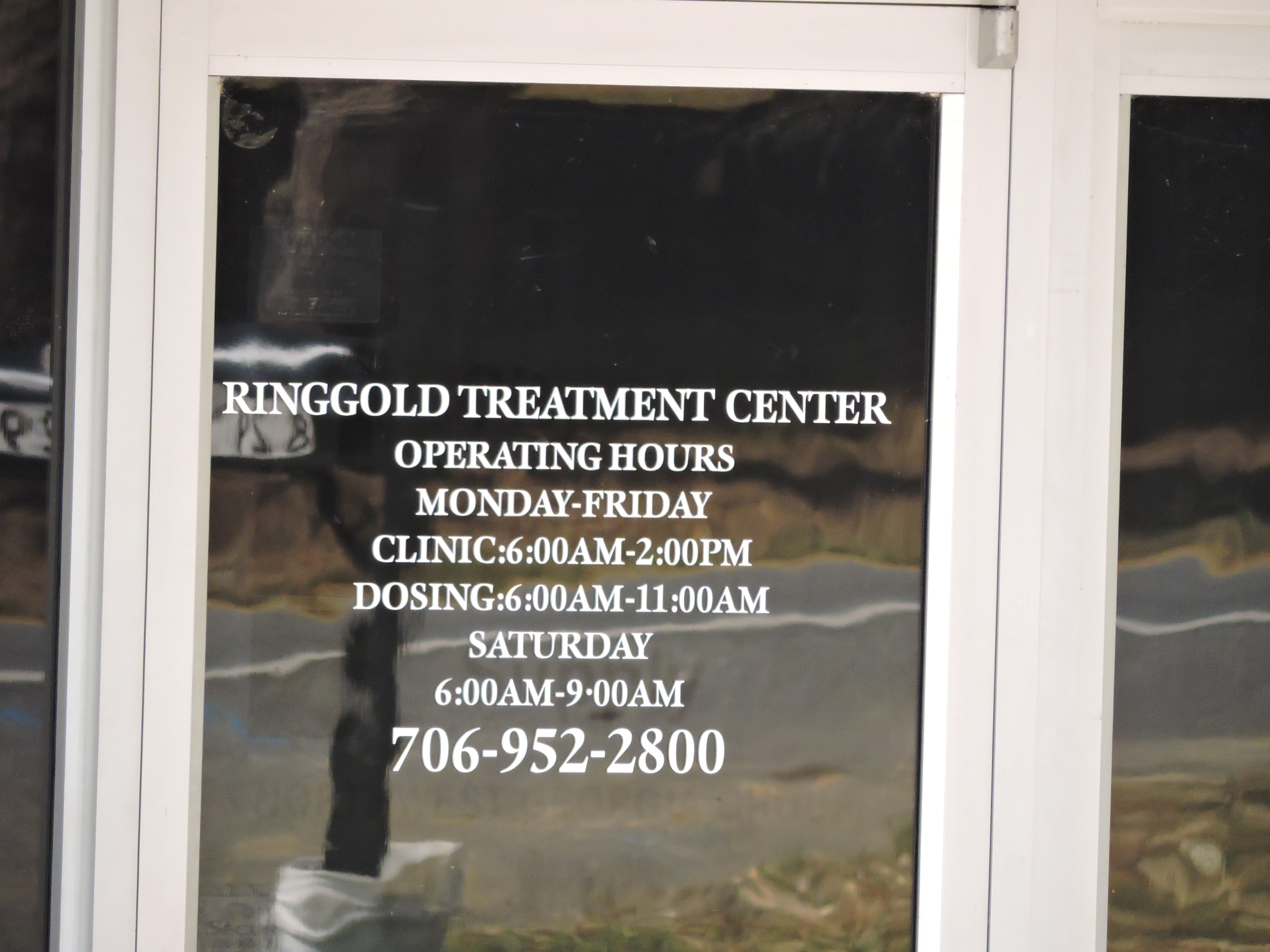To address concerns
“Ms. Ruiz [Substance Abuse and Mental Health Services Administration compliance director for the region] needs to hear your concerns about the fact that there are already four clinics within 20 miles of this proposed site and that the closest facility to us has over 95 percent of its patients coming from out of state,” reads a post on the Stop Opiate Treatment Clinic from Opening in Ringgold, Ga., Facebook page. “These are the things that concern her the most. Of course, she is concerned like we are, about the close proximity to schools and residences, but given those things are handled on a city or town basis, that is a battle she can’t really fight.“Keep it focused on concern for why our area seems to be targeted for these types of clinics given we border so many states that have stricter laws against these types of facilities and that small towns like ours are left as the victim.“It isn’t over till it’s over and for now the clinic has still not received two of the three federal government approvals they need in order to operate, so we still have time to make a difference.”
While the state is studying how to regulate methadone clinics - and figure out why there are so many in the area - Ringgold residents are trying to get one recently approved for a spot near Ringgold's business district, moved.
The "Stop Opiate Treatment Clinic from Opening in Ringgold, Ga." Facebook page had 368 members as of press time.
"We did not want to say whether methadone clinics are effective or not," said the page's organizer, Ringgold resident Shelley Fow. "Our strategy is where it's opening is not good. It's two miles from my home and you make it my business when you put it close to my home and close to the downtown historic district. I have to drive past it [where the clinic is planned to go] twice a day."
The Ringgold City Council does not have a say in whether the owners of Ringgold Treatment Center, set to open in the coming weeks, can operate a methadone clinic on Highway 41, just a couple of blocks away from the city's main stretch of businesses. That decision is up to Georgia's Department of Community Health.
According to Fow, there are appropriate locations for this type of facility, but the planned location is not appropriate. She contends that it is too close to a school - Tiger Creek Elementary - too close to the downtown historic district, and too close to downtown Ringgold residents' homes.
"Do we need that many methadone clinics in this area? Do we really need five? That's what I want to know," she said.
State Sen. Jeff Mullis and Rep. Tom Weldon want to know the same thing. They sponsored legislation to put a one-year moratorium on more methadone clinics in the state and form a study committee to examine whether more restrictions for these clinics need to be put in place.
Georgia holds 70 narcotic treatment programs, according to the Substance Abuse and Mental Health Services Administration. Alabama and Tennessee feature a combined 36 clinics.
Last Tuesday, during the first committee hearing, doctors and owners of clinics in Georgia defended their methods. Dr. Mark Peterson, medical director of Private Clinic North in Rossville, said users of drugs like heroin can become dependent on opioids. They will become sick without at least some of the drug.
So, Peterson said, doctors give them a small amount of methadone or buprenorphine. The patients have to take them at the clinic. They also go through individual and group therapy. With time, patients who stay in the program take weaker forms of the drug, and they are allowed to take their weekly doses home.
Dr. Jean Bonhomme, the former medical director of Alliance Recovery Center, said the treatment allows recovery addicts to function throughout the day. Otherwise, they can struggle to hold jobs.
Melanie Simon, the Department of Community Health's division chief for health care facility regulation, said clinics go through several forms of regulation. They have to get a license from the Department of Community Health; join a registry with the Department of Behavioral, Health and Developmental Disabilities; register with the Drug Enforcement Agency; and follow the standards of the Substance Abuse and Mental Health Services Administration.
However, only four surveyors inspect about 500 drug-related health centers in Georgia, Simon testified. The department's limited staff oversees all 70 narcotic treatment programs in the state and is also responsible for surveying 424 drug abuse treatment and education programs.
"Should we have more people to inspect facilities across Georgia?" Mullis asked.
"I think it certainly bears investigation," Simon said.
Fow is worried about what goes on at the clinic, citing 9-1-1 calls for burglar alarms set off when agitated patients bang on the doors and for overdoses or complications from treatment, but also what it means for the surrounding area.
"There are two convenience stores at that corner," she said, referencing the clinic in the former Gateway Antique Mall. "They daily see people loitering in the parking lot. And people shoot up with needles in the bathroom and leave blood stains and hypodermic needles in the bathroom behind. The clients harass the other customers at the convenience stores."
Right now Ringgold is known for its quaint eateries and shops, especially the antiques stores, Fow said, but she fears that soon Ringgold will be known as "the Methadone Capital of Georgia."
"No one wants that for our little hometown," said Fow. "This is serious stuff."
Staff writer Tyler Jett contributed to this story.

